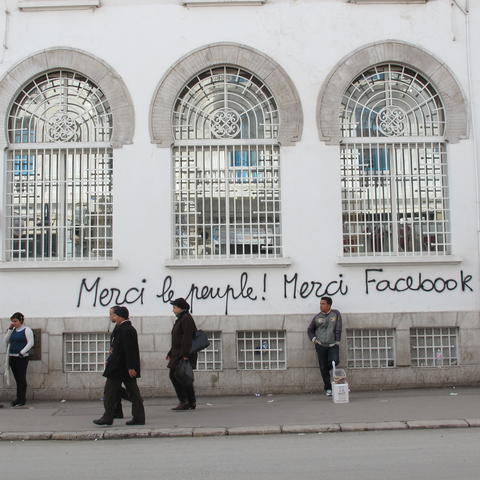The Times Saturday Magazine
Dana is giving Karim hell about his recent spate of one-night stands. “You’re always using your ex-girlfriend as an excuse to avoid settling down and having a healthy relationship,” she accuses. Karim rolls his eyes and barely bothers to defend himself. Handsome and successful, he is suffering from a curious phenomenon among eligible bachelors is Lebanon since the end of the civil war in 1991: an oversupply of women.
We are sitting at Caspar and Gambini’s, a Franco-American-style brasserie in reconstructed downtown Beirut which is popular with a chic young crowd. This is where my Saturday night begins. In true Mediterranean style, people are sitting on the terrace to see and be seen, sipping cappuccinos and self-consciously touching their perfectly coiffed hair.
When Dana, an interior designer in her mid-thirties, doesn’t get much of a response from Karim, she declares that Lebanese men are spoiled. I suspect that she was once one of the one-night stands she likes telling him off for, but she isn’t wrong about the men being spoiled. The civil war reduced the middle classes as parents sent their children to schools and universities abroad. By the time the fighting ended, the war generation had jobs and lives elsewhere, and the men in particular found it difficult to return.
As a result, Lebanon is heaven for the well-heeled single man: the women are beautiful, have university degrees, and are obsessed with dressing up. But there aren’t enough men and the marriage rate has fallen to one of the lowest in the world. The is not entirely because of the shortage of men on the market: financial reasons also delay or rule out the possibility of marriage. Low salaries mean that couples cannot afford to buy their own houses so they put off getting married because they simply can’t afford it.
According to Dr Rafif Sidaoui, a sociologist at the Centre for Research and Consultation, this has become a social crisis. “Both economic problems and the emigration of men has led to a delay of marriage and many women remain single.”
On the plus side, this has led to some good career opportunities for women. I asked Sidaoui whether this could help reduce Lebanon’s lingering sectarianism. “There are more inter-sectarian marriage and more women in the workplace, but we cannot related this directly to the fact that there are more young women than men. There are other factors at work, such as people having lived in the West, the economic necessity that women work, and the general liberalisation of society that follows the European model.”
Lebanon has always been considered one of the most liberal of Arab countries, and has closely followed European social trends since the Fifties and Sixties. Employment rates for women, for instance, are the highest in the Arab world. Women who went abroad during the war and are now in their late twenties and thirties are most likely to choose full-time careers over a more traditional marriage. “I wouldn’t have been satisfied with a Lebanese man who had never left the country,” says Dana, who went to university in America. She describes herself as a “jeans person” who got sick of her ex-boyfriend telling her to dress up. He was outraged that she wore trousers to meet his parents, and she ended up marrying an Englishman she met through work.
The divorce rate has also shot up in recent years. Dana blames the fact that most young adults still court each other in the traditional way. “They go out in groups of friends and don’t really get to know each other before getting married,” she says. Both the economic climate and society’s family-orientated character mean that young people live with their parents until marriage, and cohabitation is still unusual. “It’s a real shame because if couples could live together or spend more time alone together before marriage, they would make fewer mistakes.”
Women who do live alone have to be discreet. Roula, who is in her mid-thirties and works for an advertising agency, is a good example. She has had a boyfriend for three years, but he has never stayed the night at her flat because she fears that a nosy neighbour could make her life uncomfortable. It is a cliché to call Lebanon a country of contradictions, but it is certainly true that while women are more sexually and professionally assertive than ever, subtle social pressure maintain their hold.
While society changes slowly, single professional women continue to search for an ideal partner, mainly by dressing up and going out as much as possible. Karim and I leave Dana with her friends and go to Pacifico bar in east Beirut to meet another group. Maya, who is 29 and works in Marketing, zooms in on Karim. She smiles, flicks her hair and asks him some suspiciously serious questions about his career and what he wants from life.
While Karim tries to keep the tone light, I talk to Nabil, who grew up in Toronto, studied in New York and is now teaching at the Lebanese American University. He entertains me with stories of his female students. “They come to class dressed to kill and flirt outrageously with me,” he says. But they are also better students than their male peers. “They lead class discussions and get the best grades. The boys just sit back and let them do it.”


